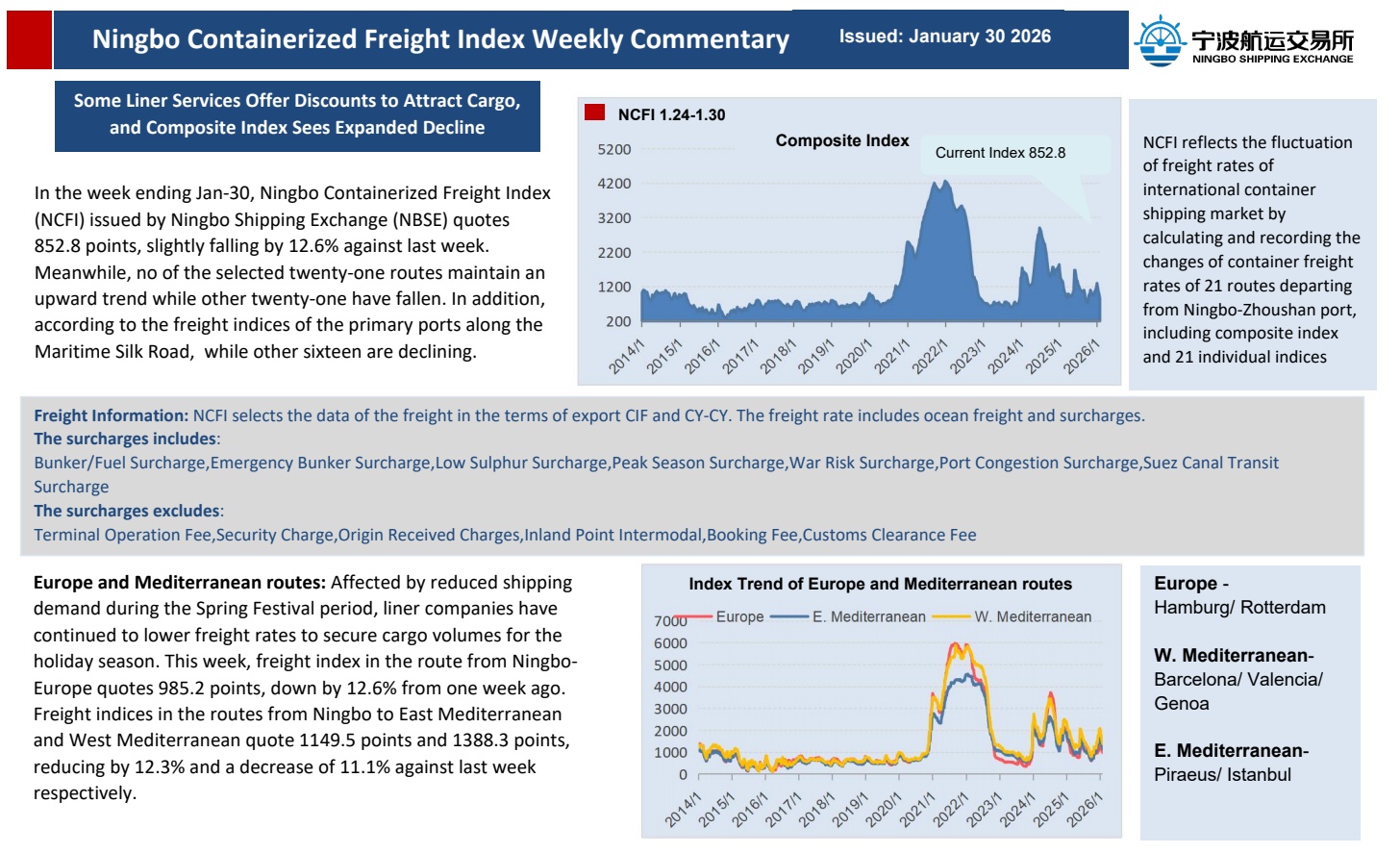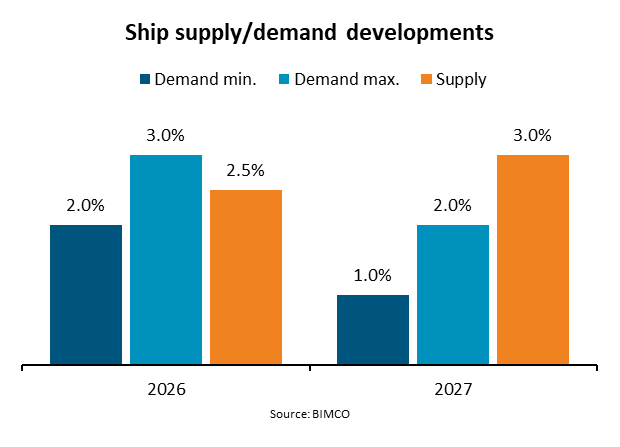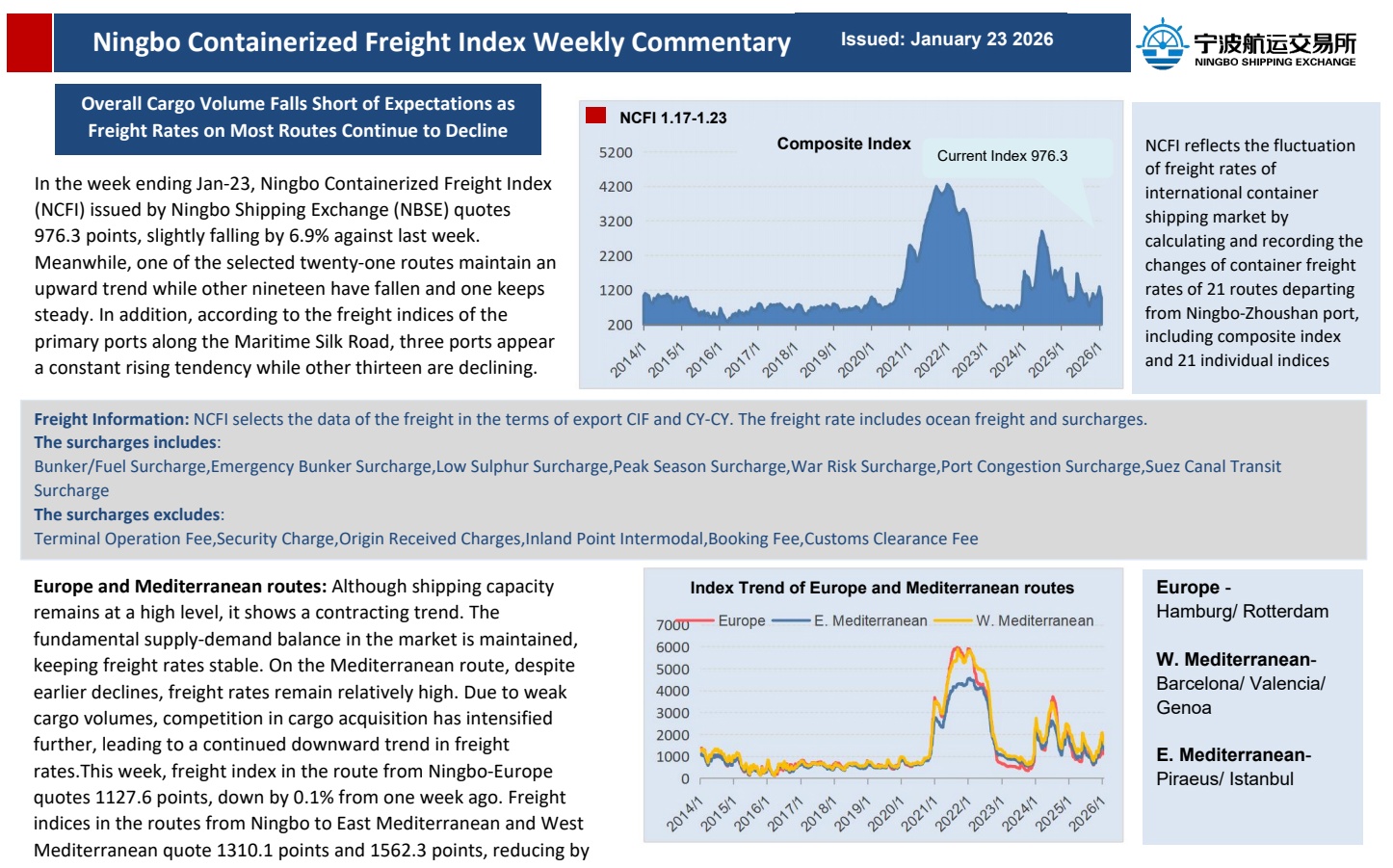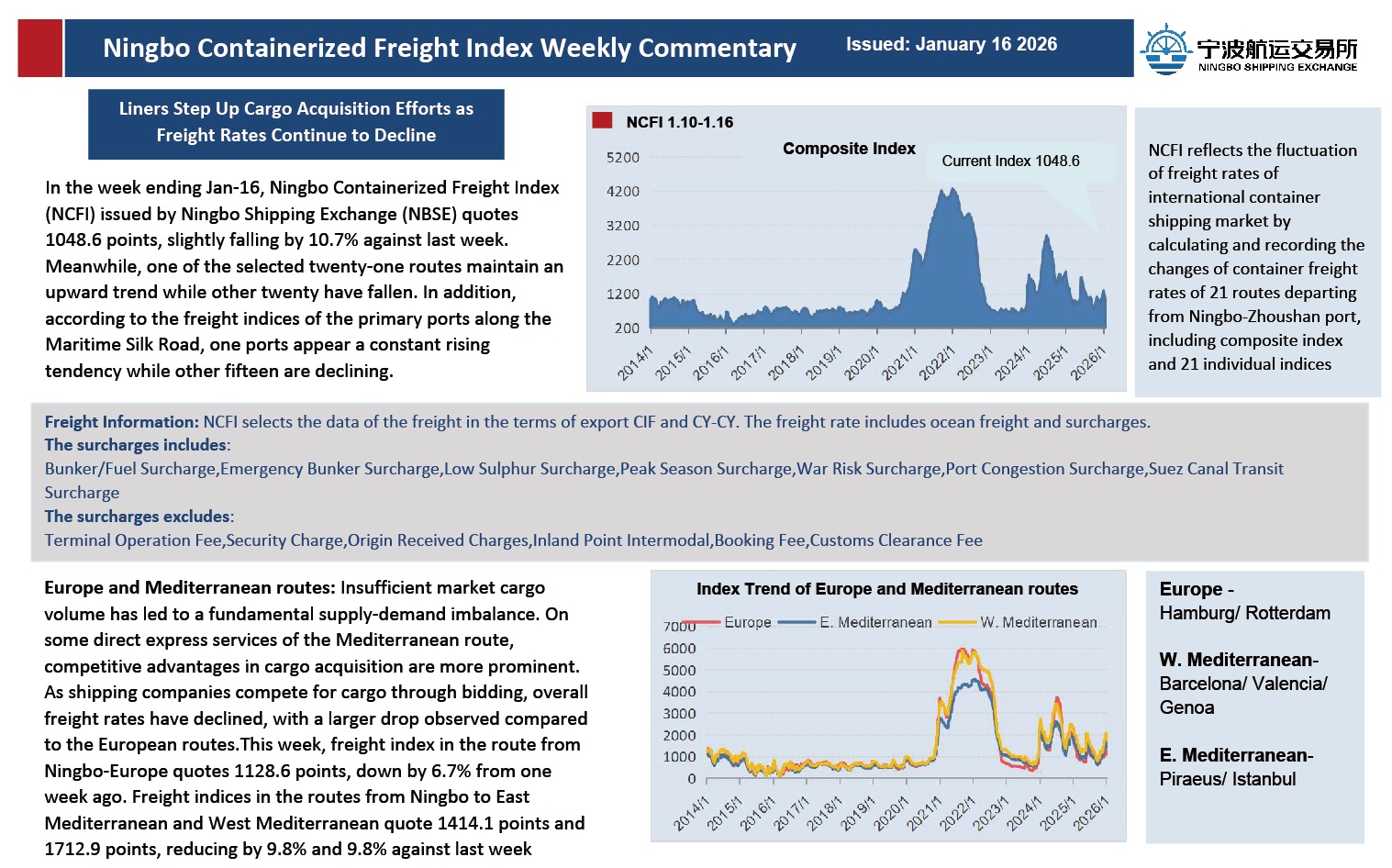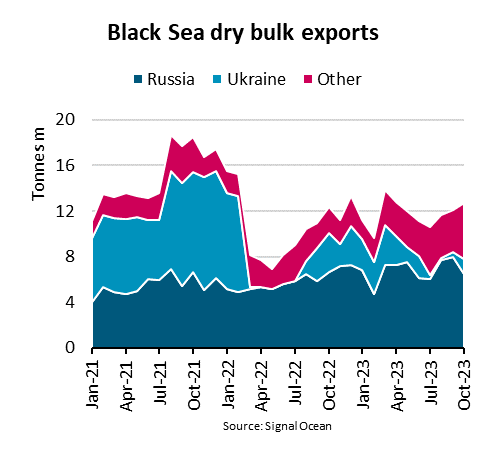
“Between January and October, dry bulk exports out of the Black Sea increased by 13% y/y, driven by Russian wheat exports. After two strong consecutive wheat harvests in Russia, the country’s exports are now on track to reach a new record in 2023. However, Black Sea export volumes are 20% lower than in 2021 due to the loss of Ukrainian cargoes following Russia’s invasion of the country,” says Filipe Gouveia, Shipping Analyst at BIMCO.
So far in 2023, Russian dry bulk exports through Black Sea ports increased by 21% y/y, due to a 78% y/y surge in wheat exports. The country has boosted the export of wheat to especially Africa and the Middle East. This has helped mitigate a weak harvest in Argentina and lower exports from Ukraine. On the other hand, Russian coal exports from Black Sea ports fell 16%, due to the European Union’s ban on Russian coal.
The Black Sea is an important basin for grains, as they account for 60% to 70% of Black Sea export cargo.
“The increase in Russian wheat exports is positive for global food security and shipping. However, Black Sea shipping is challenged due to the end of the Black Sea Grain Initiative, damages to port infrastructure in Ukraine and war risks,” says Gouveia.
Shipping in the Black Sea slowed down after the start of the war in Ukraine due to a blockade of Ukrainian sea ports. Between July 2022 and July 2023, the Black Sea Grain Initiative allowed for grain shipments out of Ukraine. Since July 2023, Ukraine has managed to create an export corridor via its Black Sea ports, handling over one million tonnes in October. Ukraine also continues to export cargo through its Danube ports and via the ports of other European states. This has caused grain shipments from Romanian and Bulgarian ports to increase 53% and 71% y/y respectively.
In Ukraine, this year’s maize and wheat harvests increased marginally, but were still respectively 34% and 32% lower than in 2021. Ukrainian maize volumes have proven to be particularly difficult to replace and global exports could fall 11% in 2023.
The replacement of wheat exports has been more successful but global harvests have not been big enough to meet demand, and global inventories have continued to decline. According to the U.S. Department of Agriculture, even Russian wheat inventories could fall 39% y/y by the end of the current season.
“Moving forward, shipments could continue to recover, especially if Ukraine successfully expands its export corridor. This would benefit Panamax, Supramax and Handysize ships and help meet global grain demand,” says Gouveia.
The opinions expressed herein are the author's and not necessarily those of The Xinde Marine News.
Please Contact Us at:



